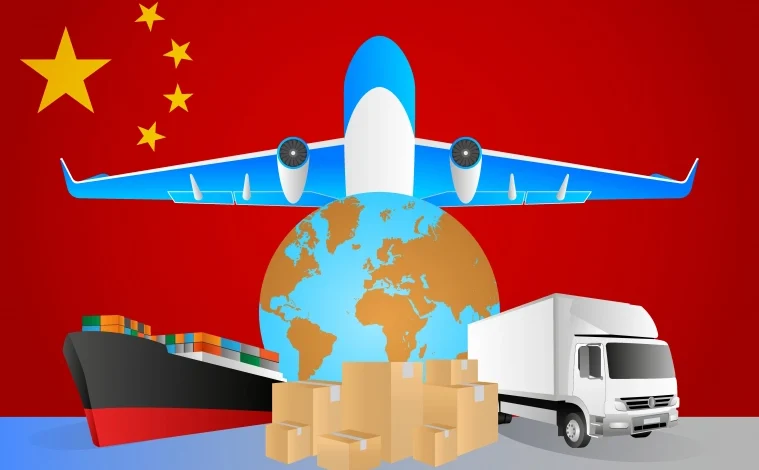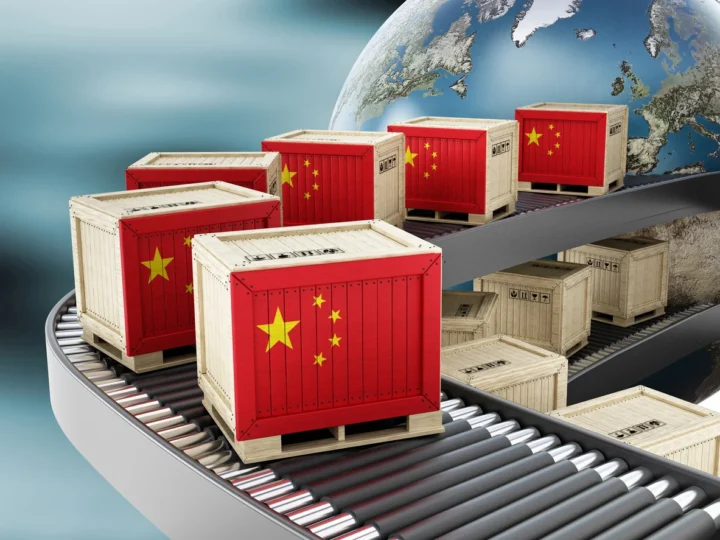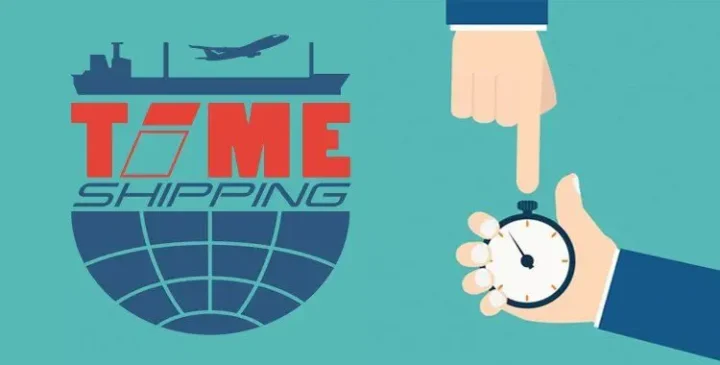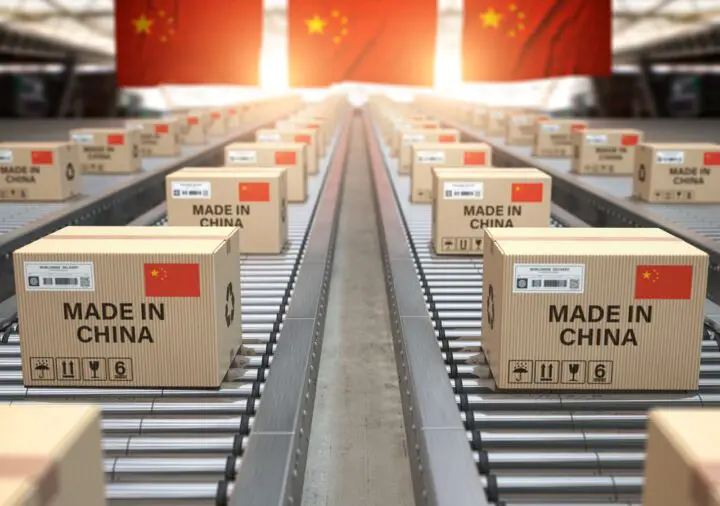15 Tips & Mistakes To Avoid When Sourcing Goods And Suppliers In China

When sourcing goods and suppliers from China, it’s important to be aware of the potential risks and challenges involved in order to avoid making costly mistakes.
To help you do just that, we’ve come up with a total of fifteen things to do and mistakes to avoid when sourcing products and suppliers in China.
Let’s get started!
1. Do Your Research

Before you even consider sourcing products and suppliers in China, you need to do your homework. Research the market and identify reputable companies that can help you navigate it. Consider your product, what it is made of, and what kind of quality standards you need to meet. All of this will affect your decision about whether or not to source in China.
2. Find A Good Sourcing Agent
When sourcing goods and looking for suppliers in China, it is important to find a good sourcing agent. A good sourcing agent like the ones from JustChinaIt can help you navigate the complex Chinese market, identify reputable suppliers, and negotiate better prices. They can also help you with quality control and shipping logistics. It is worth investing in a good sourcing agent to ensure a smooth and successful sourcing experience in China.
3. Build Relationships With Suppliers

It is important to build strong relationships with your suppliers if you want to build a long-lasting relationship. This means showing up on time (yes, even to Zoom meetings), being professional and courteous, and treating them fairly. It also means working together to tackle challenges and problems as they arise, and establishing a strong partnership that goes beyond simply fulfilling orders.
4. Invest In Quality Control
Quality control is critical when sourcing goods from a China warehouse. Make sure to have a process in place for inspecting products before they’re shipped to you. This means testing the quality of raw materials, inspecting products as they are being made, and performing final inspections once your order is completed.
5. Be Flexible And Adaptable
Sourcing goods and suppliers in China can be a challenge, but you need to remain flexible and adaptable when dealing with problems or unexpected changes. This may mean shifting your expectations about product quality, accommodating different delivery schedules, or being more flexible on payment terms. Keep communication open and be prepared to make changes as necessary in order to get the results you need.
6. Establish Clear Expectations And Communication Channels
In any business relationship, it is essential to establish clear expectations and communicate effectively with your suppliers. When sourcing goods and suppliers in China, this is especially important due to the language barrier.
Make sure you are clear about what you expect in terms of quality, delivery times, and price. Establish regular communication channels with your suppliers, directly or through your sourcing agent, so that you can easily stay updated on the status of your orders.
7. Get Everything In Writing

When sourcing products from China, make sure that all agreements are in writing. This will protect you in case of any misunderstandings or problems down the road. Get a signed contract that outlines the terms of your agreement, including pricing, quality standards, delivery times, and payment terms.
8. Be Prepared For Cultural Differences
Cultural differences can be a challenge when doing business with China. Be patient and understanding, and take the time to learn about Chinese culture and customs. This will help you avoid misunderstandings and build strong relationships with your suppliers.
9. Pay Attention To Shipping Times

When sourcing products from China, be aware of the shipping times. Often, products take longer to arrive than expected, so plan accordingly. Delays are unfortunately very common here. Be prepared for them by accounting for them and allowing some flexibility into your delivery schedule. If possible, order your goods well in advance so that you have time to deal with any delays.
10. Stay Up-To-Date On Trade Regulations And Taxes
Lastly, be aware of the trade regulations and taxes that apply to goods imported from China. This will ensure that you are compliant and can easily import your goods without issues or delays at customs. Keeping informed on these regulations will also help you avoid any potential problems down the road.
11. Forgetting To Factor In Hidden Costs

Many forget to factor in the “hidden costs”. These include the cost of the goods themselves, shipping and delivery, as well as any applicable taxes and import duties. Unfortunately, many buyers forget to account for these hidden costs, which can end up costing them more in the end.
For example, let’s say you’re sourcing a product from China that has a unit price of $5. Once you factor in shipping, taxes, and import duties, the final cost of the product may be closer to $8. So be sure to do your research and know all of the associated costs before placing your order.
12. Settling For A Supplier Without Doing A Factory Visit
When sourcing a supplier, it’s important to do your research, but it’s more important you visit their factory. This will help you to assess the quality of their products and ensure that they are a reputable company. By visiting the facilities, you can also get a better understanding of their production capabilities and see the working conditions of their employees.
13. Not Having A Well-Defined Strategy
Not having a well-defined strategy is the biggest mistake buyers make when they enter the Chinese market in search of goods and products. Without a plan, they can and usually will become easily overwhelmed and confused about where to start or what to do. So, what’s the result? Wasted time and money, which can ultimately result in a very unsuccessful sourcing trip.
14. Outsourcing Only The Cheapest Goods
Another common mistake is looking to save every last penny – that’s not the way to do it. Instead, focus on quality and value. Often, the cheapest products are of lower quality and won’t last as long. In the end, you’ll save money by opting for a higher-quality product that will last longer and serve you better.
15. Not Having Realistic Expectations

Many buyers have unrealistic expectations when sourcing goods from China. One common example is expecting to find the perfect supplier on the first try. This almost never happens. Instead, it takes time, patience, and a lot of hard work to find a good supplier that meets all of your requirements. So don’t get discouraged if you don’t find the right one right away – keep looking until you do.
Conclusion
Now that you know what to do and what not to do when sourcing goods and suppliers in China, you’re well on your way to success.
Just remember to build strong relationships, invest in quality control, be flexible and adaptable, and do (or not do) everything else we’ve mentioned, and you’ll be set up for success when sourcing from China.

